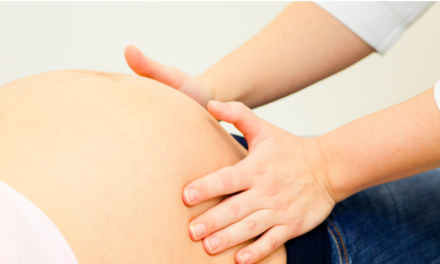Researchers worldwide are calling for immediate action to address the lack of representation of older women in sport and exercise science studies. This call to action, published online in the British Journal of Sports Medicine, emphasizes the importance of studying women’s health and athletic performance beyond mid-life, not only for the benefit of female athletes but for women’s health in general.
According to the authors, there is a significant dearth of research focusing on women in sport and exercise science, particularly as they age. Citing their own report on the sex data gap from 2021, the authors highlight that women and girls comprised just over a third of total participants in sport and exercise science studies, with even fewer studies focusing exclusively on older women.
Hormonal changes experienced by women during the transition to menopause and beyond can have profound effects on their physical and psychological well-being. These changes, coupled with the increased risk of conditions such as osteoporosis, sarcopenia, cardiovascular disease, and dementia, underscore the importance of studying women’s health throughout their lifespan.
“Women in mid-life and beyond account for only 9% of total study participants, with only 16% of female-only studies focusing exclusively on older women,” the authors note. They stress the need for research to explore the influence of perimenopause and postmenopause on participation in physical activity, as well as the role of exercise and dietary interventions in managing symptoms and optimizing health outcomes.
Furthermore, the authors highlight methodological inconsistencies in existing research, such as the pooling of premenopausal, perimenopausal, and postmenopausal participants, which limit the translational impact of the data available.
In many sport and exercise science studies, naturally menstruating women between the ages of 18 and 40 are often considered as proxies for all females, overlooking the unique experiences and challenges faced by older women.
“We hope that this commentary will act as a call to action for the sport and exercise science research community to bridge the current data and knowledge gap for perimenopausal and postmenopausal women,” the authors conclude. “Ultimately, this will enable practitioners and researchers to better support female athletes and patients across the lifespan.”
The urgent need to address female ageism in sport and exercise science underscores the importance of inclusivity and comprehensive research to improve outcomes for women’s health and athletic performance. Research: [Research: Association of accelerometer-measured physical activity and its change with progression to chronic kidney disease in adults with type 2 diabetes and overweight/obesity (doi: 10.1136/bjsports-2023-107564)] Journal: British Journal of Sports Medicine












